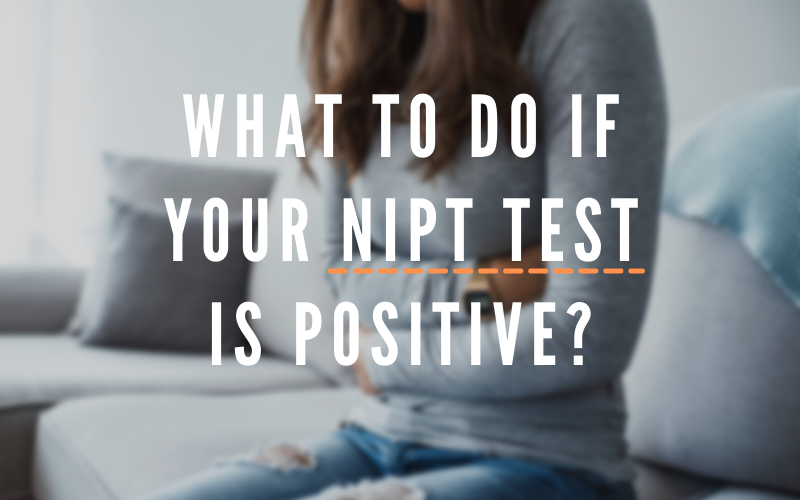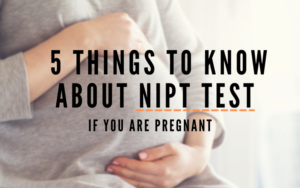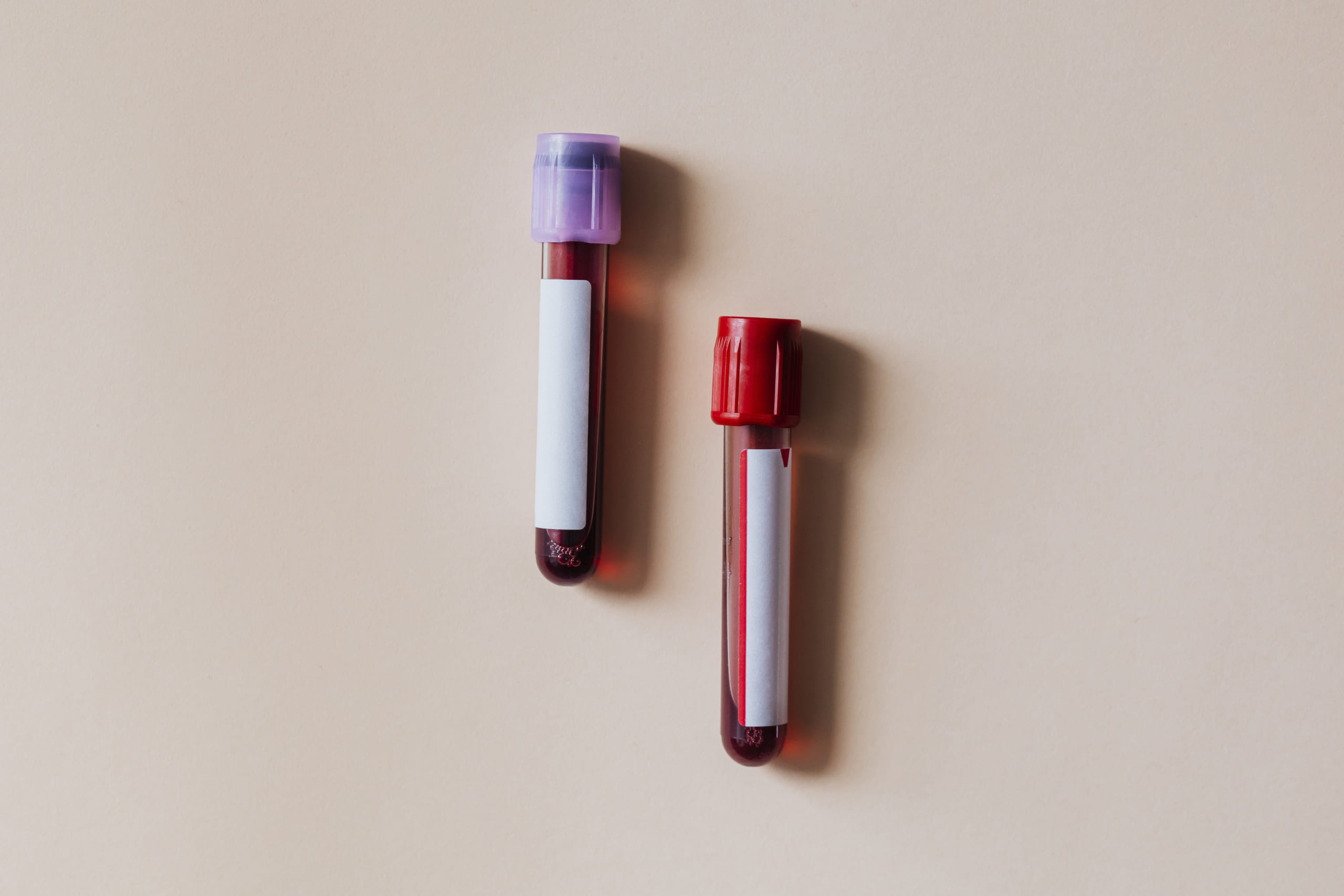What to Do if your NIPT Test is Positive?
What does it mean if your NIPT test is positive and what to do in that case.

When someone makes the decision to have a child, it is normal that there is a mixture of feelings between happiness and nerves, especially if it is their first time. There are also often times of doubts and concerns. It is natural for future mothers and fathers to be concerned about the health of their baby.
Nowadays, thanks to medical and technological advances, we can learn more about pregnancy before. Surely if you have reached this article, it is because you already know what a NIPT test is, but for those who may not, in a very summarised way Non-Invasive Prenatal Testing (NIPT) is a blood test for pregnant women to check their baby with a chromosomal disorder or not. But if you want to know more about this test, I recommend you read this other article where we explain some basic things about the NIPT test.
Pregnancy is a sensitive and important topic for future parents. Especially with the issue of the NIPT test, in case of positive, there are important decisions to be made. And it is normal to cause some anxiety to think, what should I do if the NIPT test is positive?
First, it is important not to stress and not jump to conclusions. To do this, you have to understand a little better what the NIPT test is. The NIP test is based on DNA analysis of maternal blood and consists of a screening test, but it is not a diagnostic test. According to the professionals I have consulted, they said that for trisomy 21 (Down syndrome) for example, the test is 99.9% effective. But other information that I have received is that the positive NIPT for trisomy 21 (Down syndrome) implies that the risk increases 1000 times but not that 100% the baby will be born with this chromosomal abnormality. To better understand it, let’s give an example. A 28-30-year-old woman who has a probability by age for Down of 1: 1000 (1 probability that the baby has Down syndrome vs 1000 that does not), if the NIPT test is positive, it implies that she now has 1000 times more risk, that is 1000 vs 1000, or 50% chance of Down vs 50% no.
But in any case it is necessary to keep in mind that despite the high precision of the test it is not 100% infallible either. There are “false positives” (the test is positive and the fetus was fine) and “false negatives” (the test is negative and the fetus has one of the chromosomal abnormalities that are sought).
You may be wondering, what then? Well, the first thing you should know is that there are other types of tests that are more accurate and provide more information. This is known as diagnostic tests (we have previously explained that the NIPT test is a screening test, not a diagnostic one). So why aren’t these tests done from scratch? Well, because these tests are more invasive and carry a very low risk of miscarriage. With the NIPT test if the result is negative, you save yourself going through this type of test.
Some of the most common diagnostic tests that can identify Down syndrome are amniocentesis, which involves removing a sample of the amniotic fluid that surrounds the fetus using a needle that is inserted into the mother’s uterus, and chorionic villus sampling (CVS), where cells are removed from the placenta and used to analyze the chromosomes of the fetus. Both tests carry a very low risk of miscarriage.
Most clinics that offer the NIPT test also offer packages in case the test is positive, where this other type of diagnostic tests are included either in the clinic itself or in a collaborating hospital. When it comes to giving you the results, the doctor in charge of your case will explain in greater detail what I explained now and will surely also offer you more detailed and precise information about the different tests and options you have to choose from, explaining the pros and cons of each. In case these diagnostic tests are also positive, again the medical team will give you all the information regarding your different options, and according to the laws of each country you can decide whether to continue with the pregnancy or not.
Being an important and sensitive topic, from here we can offer some general information. But it is important that you always talk with your trusted gynecologist or doctor. As I said, they will give you more detailed information and explain all your options. In case you are not satisfied with the information they have given you, you can always ask another professional for a second opinion and seek information from professional sources.
NIPT Testing Clinic List in Japan
■ NIPT Clinics in Tokyo
▼Recommended Articles▼
Written by
From Barcelona to Tokyo. Coffee & Adventure lover????☕️
I started to like Japan because of the anime, music and doramas, but after my first trip to the country I found what I love the most: traveling around, the culture and history. I have travelled a lot in Japan, but I still have many places to discover that I want to share with you????????♀️ Let’s discover Japan together!
Also, as a foreigner living in Japan for over 6 years I understand what kind of things are difficult when you move here and I want to help other people in the same situation that I have in the past.










